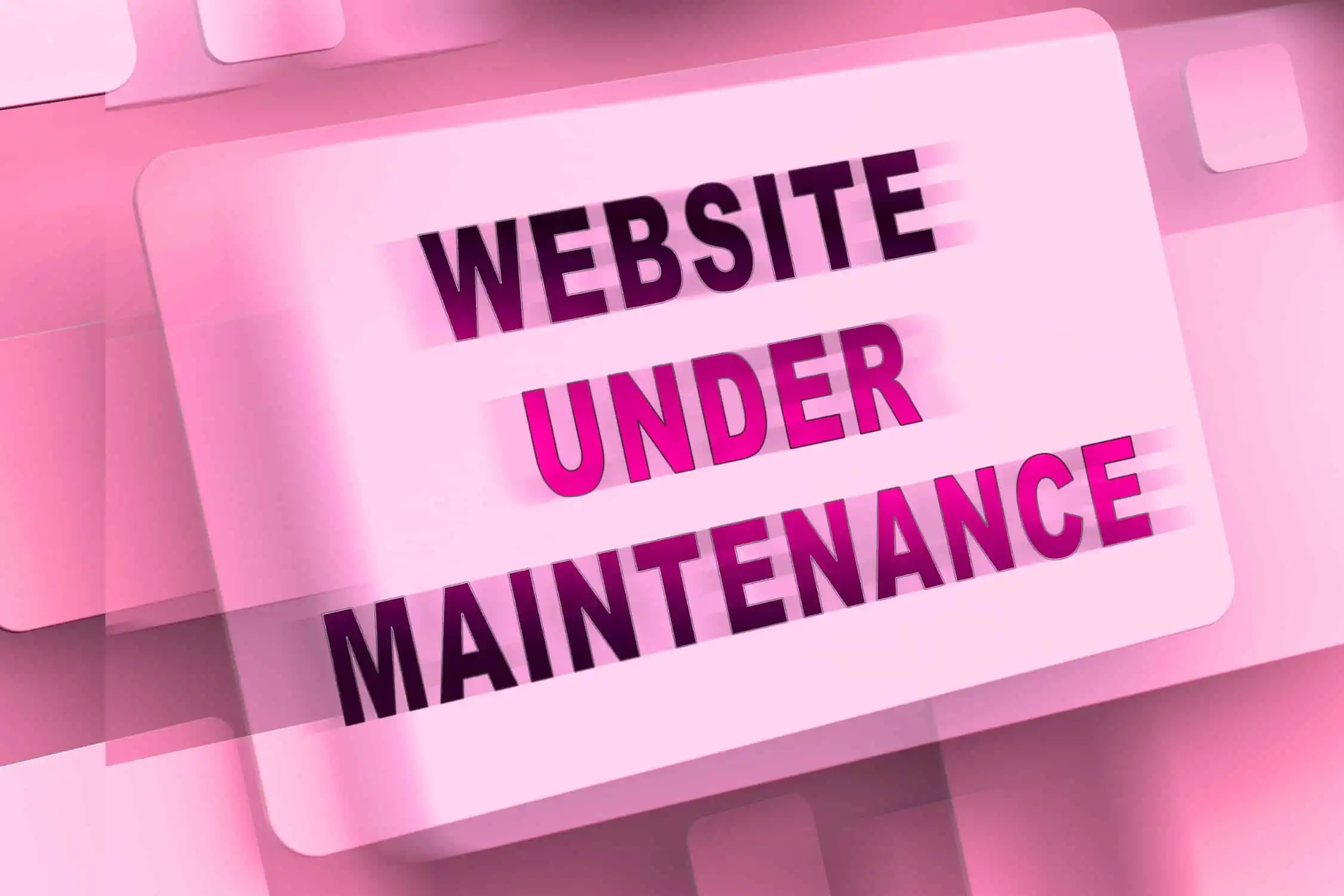What is Website Maintenance and Why is it Necessary?
Websites should be constantly improving and delivering a better User Experience (UX). Neglecting website maintenance results in slow load times, crashing websites, and cybersecurity breaches.
These problems cost companies time and money and may lead to customers switching to a competitor with a more reliable website. Performing regular maintenance is essential for your business to stay competitive.
Improved Security
Keeping your website up to date is important for improved security. When a site isn’t updated regularly, hackers can exploit its vulnerabilities to steal data or even access your customers’ sensitive information (such as credit card details and bank accounts). Website updates help protect your business by fixing security holes that would otherwise allow cyber-attacks.
In addition to software updates, routine maintenance includes completing monthly backup tasks and updating your website’s plugins, themes, integrations, and other non-critical elements. This ensures that your website will always run at full capacity and function properly.
A website that looks outdated or needs fixing will give users a poor first impression of your business. You might lose out on new sales if they click away and find a competitor’s site that works better or offers the products they want.
Keeping your website updated and well-maintained is crucial for building customer trust and credibility. It not only improves the appearance of your site but also increases the chances of customers making purchases from you. Regular maintenance helps prevent any glitches or issues and ensures a smooth user experience for your visitors.
Better Search Engine Rankings
Keeping your website fresh and updated is critical for SEO and visibility. Google prioritizes websites that are responsive to users, provide relevant and updated information, and offer a consistent browsing experience across devices. It also considers how easy it is for visitors to navigate the site and find information, a factor that can impact search engine rankings.

When your website is stagnant and not updated, it creates a negative first impression and can discourage visitors from engaging with your brand. Performing routine maintenance tasks like removing old content, updating forms and links, and adding new blog posts is important for maintaining your business’s online reputation.
Additionally, resolving bugs or technical glitches promptly improves the overall user experience and helps you maintain your search engine rankings. Website maintenance services can scan for and identify any issues that may negatively affect your website’s functionality or search engine optimization, allowing you to fix them before they become serious problems.
Increased Conversion Rates
A website that fails to meet visitor expectations or provide an adequate user experience will cause your business to miss out on valuable prospects and conversions.
Even something as simple as a contact form that doesn’t submit or an outdated phone number on an important page can result in lost sales opportunities. Website maintenance identifies these stumbling blocks early and helps you avoid costly future problems, such as extensive website downtime or a complete redesign.
Weekly routine maintenance ensures your site is functioning at peak performance, attracting new traffic, and improving SEO rankings. This includes checking for broken links, running backups, updating security software, and creating fresh content.
While these tasks may seem trivial, they help keep your website functional and attractive, attracting and retaining visitors, growing your audience, and improving your business’s reputation.
For this reason, it’s important to allocate a budget and time for website maintenance each month. This is especially true as your website grows. As your website becomes more dynamic and complex, it requires more frequent updates to ensure it performs well and delivers a consistent user experience.
Better Customer Experience (CX)
Website maintenance is an ongoing process that ensures all website elements function optimally. This can include updating plugins, themes, links, images, contact forms, and payment processes. It can also involve monitoring performance, adjusting settings, and making changes to improve user experience.

A poorly maintained site can damage a company’s reputation and lead to lost traffic and sales. A single broken link on a key page can hurt conversions, a sluggish server can increase the bounce rate, and outdated content may confuse visitors or negatively affect your business.
Regularly updating your website prevents these issues from arising. It also keeps your website relevant, meets customer expectations, and helps you rank higher in search results. Plus, it prevents hackers from exploiting your security gaps and vulnerabilities.
Increased Sales
Website maintenance ensures that your business is up and running at all times so customers can conveniently visit. This can include checking that the website has the latest updates, security patches, and backups to ensure it is always ready for visitors.
It’s also a great way to ensure your website is responsive across all devices. With over half of all internet traffic coming from mobile devices, it is important to have a responsive website that can adapt to any device and platform.
This can be achieved by updating your website regularly and ensuring all forms, e-commerce functions, email subscriptions, and other user engagement tools are working properly.
This is particularly vital for businesses with an e-commerce site, as a poor website experience can lead to lost sales. Studies show that 89% of consumers will shop with a competitor after experiencing a poor website. A well-maintained, up-to-date website with the latest trends will help keep your customers happy and loyal.

